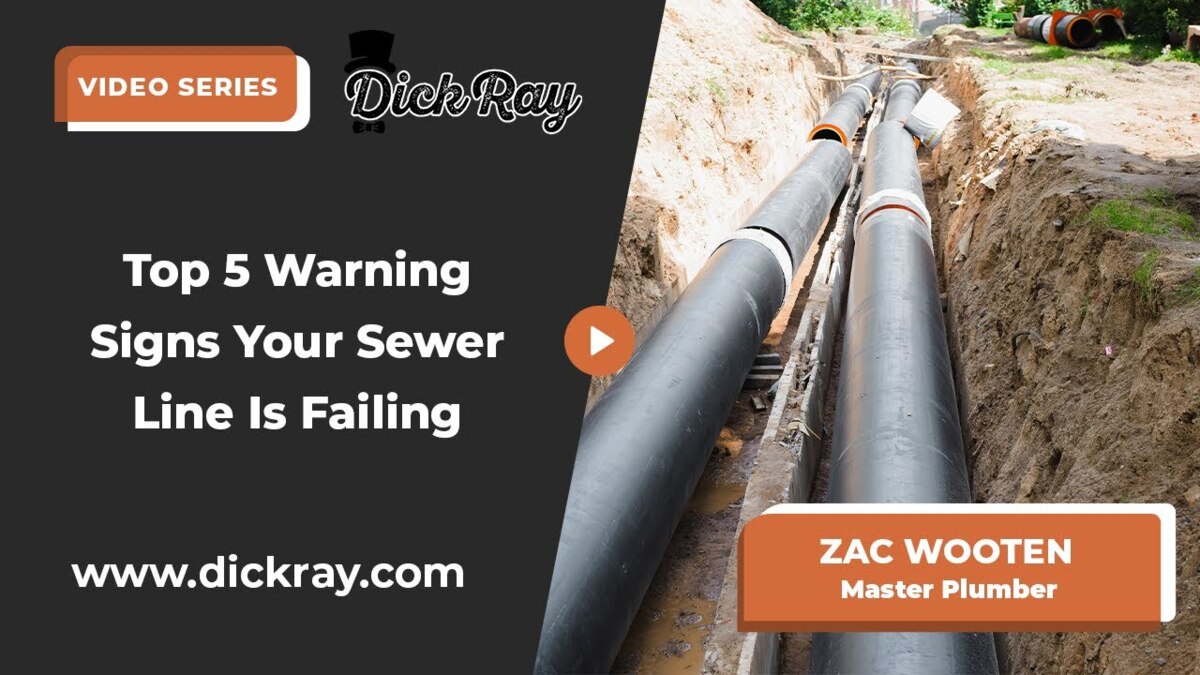Having a dependable water heater is essential for maintaining a comfortable home. Whether you’re replacing an old unit or installing a new one, understanding the cost to install a water heater is crucial. In this blog post, we will explore the various factors that influence this cost, helping you make an informed decision for your home.
Understanding the Cost to Install a Water Heater
Installing a water heater can be a significant investment, and the cost varies based on several factors including the type of water heater, its size, and additional installation requirements. Let’s break down these costs to give you a clearer picture.
Types of Water Heaters and Their Costs
Water heaters come in different sizes and types, each with its own price range. The three main types are:
Traditional Tank Water Heaters:
- 30-Gallon Tank: Although rare, a 30-gallon tank is typically more expensive than larger tanks. You might expect to pay around $2,000 to $2,500 for installation.
- 40-Gallon Tank: The most common size, usually costing between $2,000 and $2,500 to install.
- 50-Gallon Tank: Slightly larger, with installation costs ranging from $2,500 to $3,000.
Tankless Water Heaters:
- Initial Cost: Tankless water heaters have a higher upfront cost, often between $3,000 and $5,000, depending on the model and efficiency.
- Efficiency: Despite the higher initial expense, tankless water heaters offer unlimited hot water and are more energy-efficient since they don’t maintain a constant water temperature.
Additional Costs and Considerations
- Installation Complexity: Installing a tankless water heater might require additional work, such as increasing the gas pipe size or venting through an external wall. These modifications can add to the overall cost.
- Efficiency and Longevity: If you plan to stay in your home for a long period, investing in a high-efficiency tankless water heater can save you money over time. However, if you’re flipping a house or unsure of how long you’ll stay, a traditional tank water heater might be more cost-effective.
Is a Tankless Water Heater Worth the Investment?
Tankless water heaters offer several advantages, particularly for larger families who use a lot of hot water. They provide a continuous supply of hot water, meaning no more cold showers even if everyone in the house is using hot water simultaneously. While the upfront costs are higher, the efficiency savings can be significant over time, especially if you plan to stay in your home for many years.
However, the decision should be based on your specific needs and circumstances. If you’re looking for a quick replacement or a more budget-friendly option, a traditional tank water heater might be the better choice.
Factors Affecting Water Heater Installation Costs
Several factors influence the cost of installing a water heater. Here’s a breakdown of what you should consider:
- Size of the Water Heater: Larger tanks generally cost more to install.
- Type of Water Heater: Tankless models are more expensive initially but can save money in the long run.
- Installation Complexity: Modifications to gas lines or venting systems can increase costs.
- Location: Installation costs can vary based on your geographical location and the availability of qualified professionals.
Making the Right Choice
When deciding on the type of water heater to install, consider the following:
- Family Size: A larger family may benefit more from a tankless water heater due to the constant hot water supply.
- Home Tenure: If you plan to stay in your home for a long time, the efficiency of a tankless water heater can be a worthwhile investment.
- Budget: Traditional tank water heaters are less expensive upfront, making them a good choice for those on a tighter budget.
In Summary
Understanding the cost to install a water heater involves considering the type, size, and additional installation requirements. Whether you choose a traditional tank or a tankless water heater, it’s essential to weigh the initial costs against long-term benefits and efficiency.
If you have any questions or need professional advice on the best water heater for your home, feel free to contact us.




